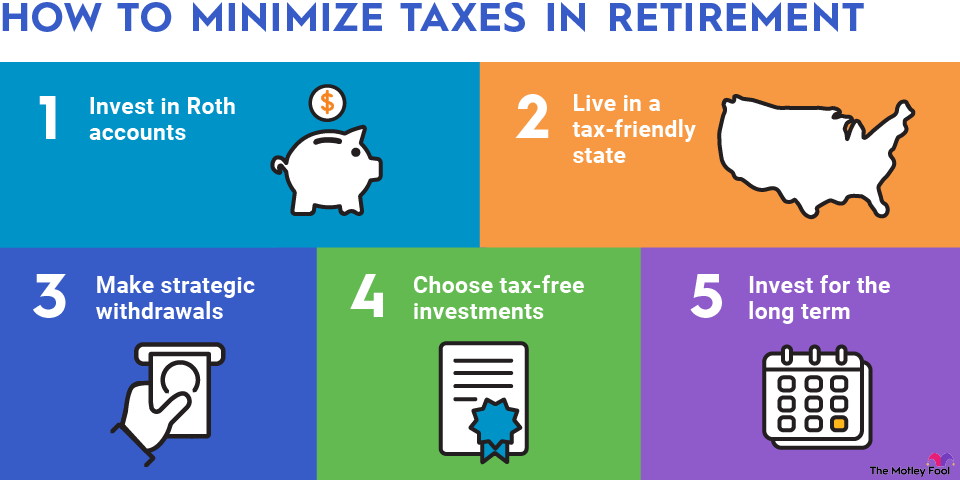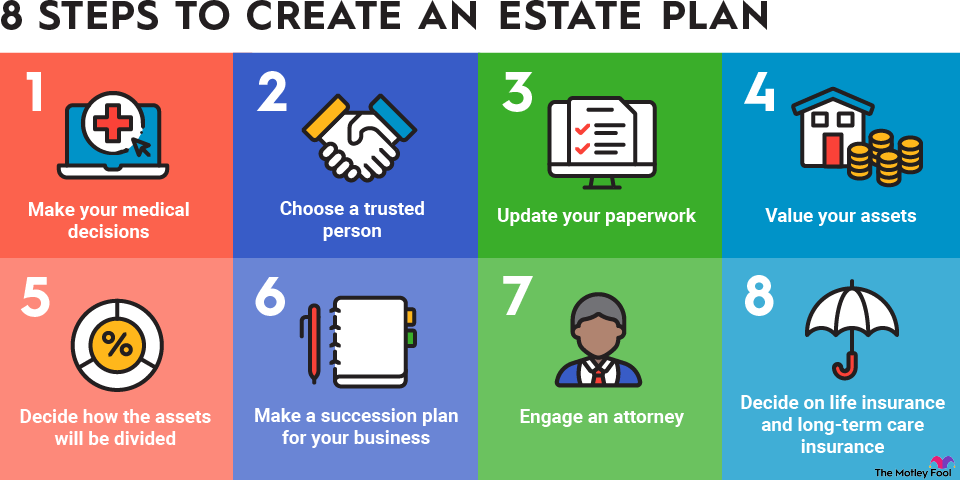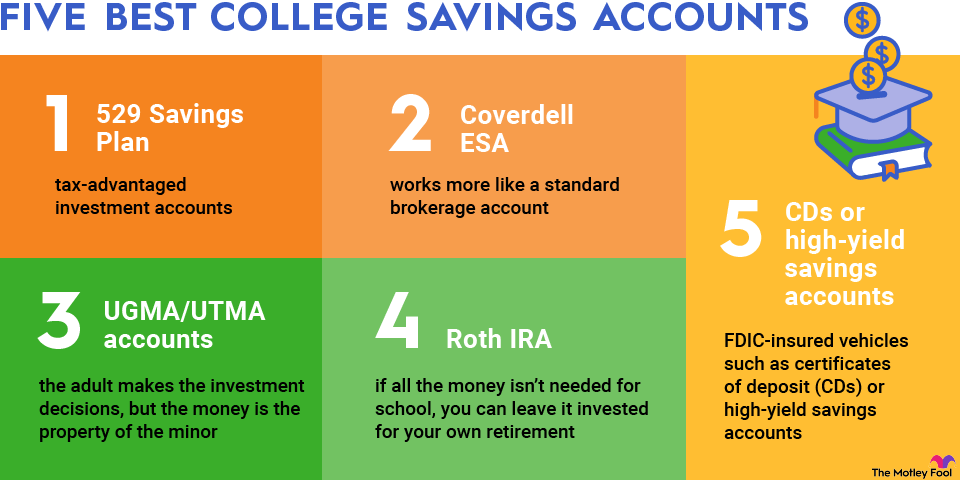Part B covers doctor visits. This does have a monthly premium, as well as a deductible and copays. It also has some gaps in coverage that may surprise you. Hearing aids, for example, aren't covered by original Medicare. Nor are dental care, vision care, or prescription drugs. These costs could ambush you in retirement if you don't start planning for them now.
Medicare supplements vs. Medicare Advantage plan
Medicare supplement plans are additional insurance plans you purchase to fill in some of the gaps in original Medicare coverage. These plans are offered by private insurers, so there are many different options, and they all have different features and prices.
Medicare Advantage plans, also known as Medicare Part C, are plans that cover everything original Medicare does, as well as some of the things it doesn't. What's covered varies by plan, but most include prescription drug coverage (Medicare Part D).
If you sign up for one of these, you'll have a single premium, deductible, and copay rather than separate costs for original Medicare and a Medicare supplement plan. You typically can't have a Medicare Advantage and a Medicare supplement plan, so you must choose one over the other.
You don't have to buy any extra healthcare insurance in retirement if you don't want to, but doing so will give you a predictable monthly payment. That's easier to plan for than paying for your medical expenses out of pocket.



















